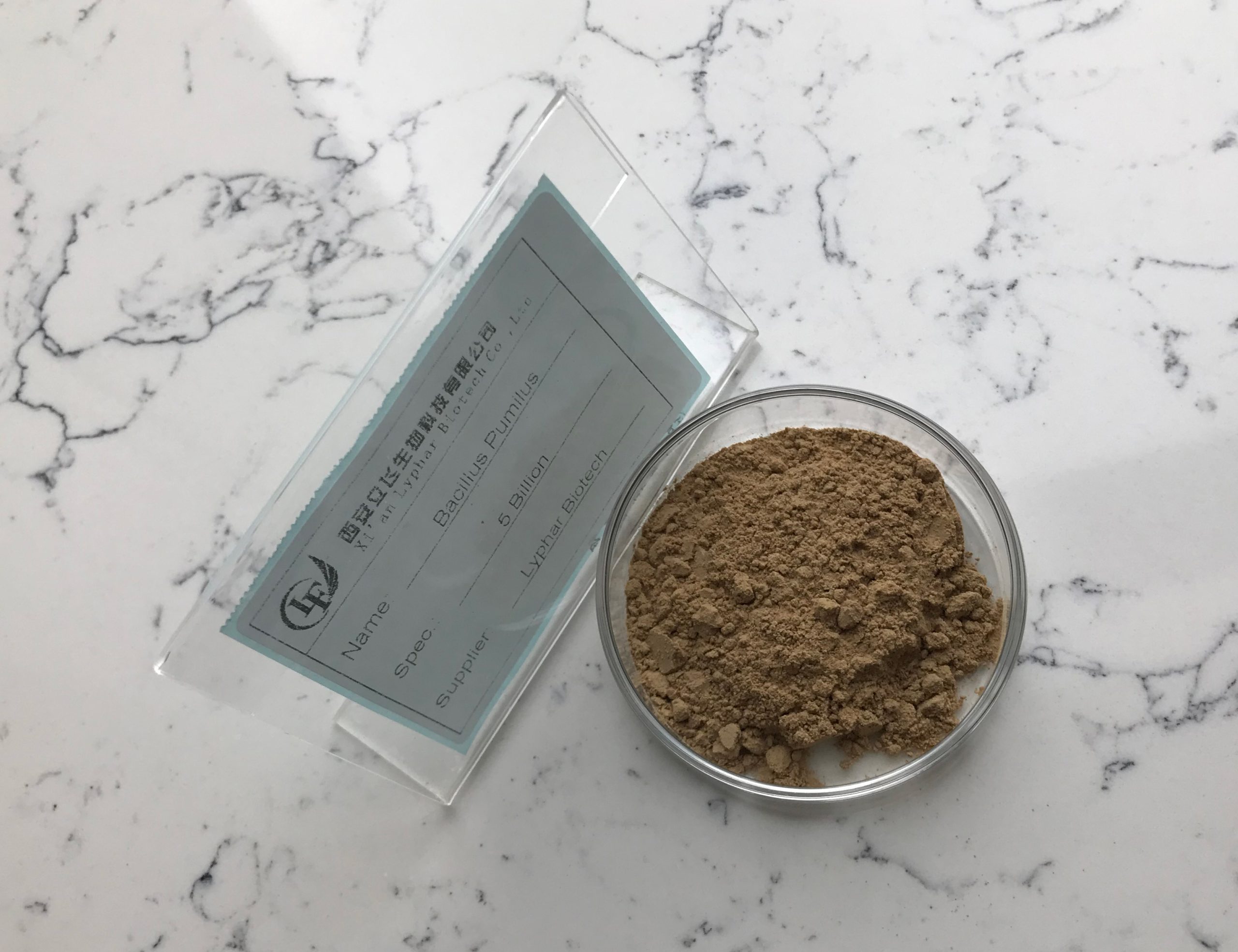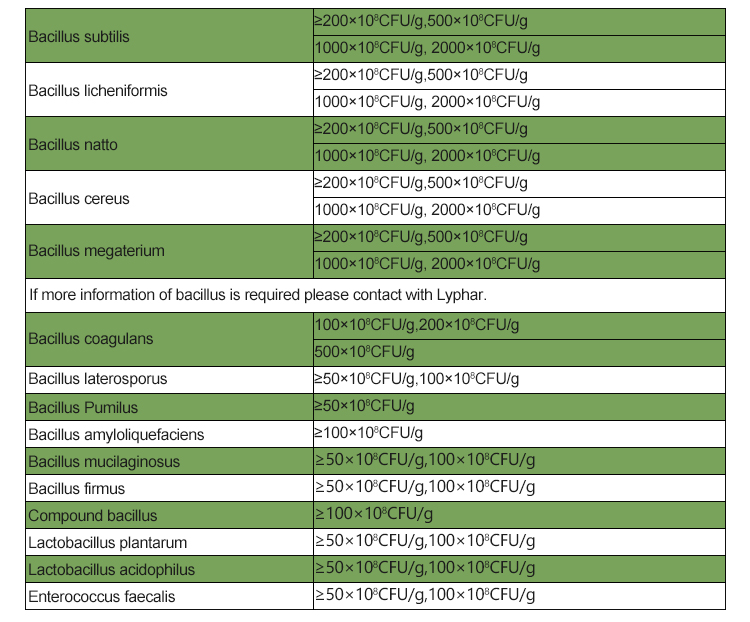Bacillus pumilus is a gram-positive, rod-shaped bacterium commonly found in soil and water. It’s known for its resilience and ability to form endospores, allowing it to survive in harsh environments. Here are some key methods and processes associated with Bacillus pumilus:
- Endospore Formation: Bacillus pumilus can produce endospores as a survival strategy. This process involves asymmetric cell division, where the bacterium forms a small prespore that eventually matures into a highly resistant endospore.
- Biodegradation: This bacterium has potential applications in bioremediation due to its ability to degrade various environmental pollutants, including hydrocarbons and heavy metals.
- Antimicrobial Activity: Bacillus pumilus produces antimicrobial compounds, such as lipopeptides, which can inhibit the growth of other microorganisms. This feature is studied for potential applications in agriculture and food preservation.
- Plant Growth Promotion: Some strains of Bacillus pumilus are known to promote plant growth by producing plant hormones, enhancing nutrient availability, and improving soil health.

- Fermentation: Bacillus pumilus can participate in fermentation processes, converting organic materials into useful products. This is particularly relevant in industries like food production and biofuel generation.
- Industrial Applications: Due to its enzyme production capabilities (e.g., proteases, amylases), Bacillus pumilus is used in various industrial processes, including detergent formulation and food processing.
- Genetic Studies: Researchers study the genetic makeup of Bacillus pumilus to understand its resilience and explore potential genetic modifications for improved industrial applications.
If you need more specific information about any of these processes, feel free to ask!
Potential benefits of Bacillus Pumilus
Bacillus pumilus is a beneficial bacterium with several potential benefits:
- Biocontrol Agent: It can suppress plant pathogens, helping to protect crops from diseases without the need for chemical pesticides.
- Plant Growth Promotion: Bacillus pumilus can enhance plant growth by producing phytohormones and improving nutrient availability, particularly phosphorus.
- Soil Health: It contributes to soil health by decomposing organic matter and improving soil structure, which can enhance water retention and aeration.

- Biofertilizer: As a biofertilizer, it can increase nutrient uptake in plants, leading to better growth and yield.
- Waste Degradation:Bacillus pumilus can aid in the biodegradation of pollutants and organic waste, making it useful in bioremediation efforts.
- Probiotics: In some contexts, it may serve as a probiotic for livestock, promoting gut health and improving feed efficiency.
These benefits make Bacillus pumilus a valuable organism in agriculture, environmental management, and animal husbandry.
